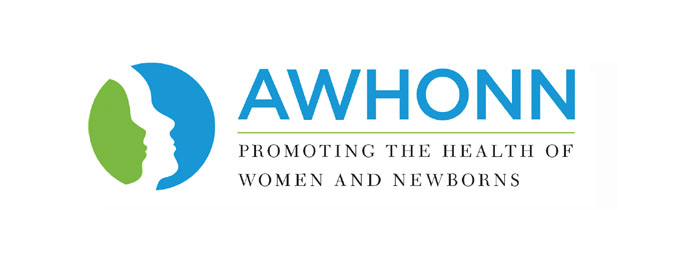– Leading Nursing Journal Explores Effects of Marijuana during Pregnancy and Best Practices for Care –
With the recent legalization of both medical and now recreational cannabis in states such as Colorado and Washington, marijuana consumption is seen by many as more socially acceptable and its use during pregnancy is steadily increasing. Approximately 10% of women in the United States use marijuana while pregnant. Exposure to cannabis during pregnancy can pose health risks to both women and newborns, such as anxiety or heart problems in women. It can also be associated with complications with childbirth.
In the October/November 2015 issue of Nursing for Women’s Health, the clinical practice journal of the Association of Women’s Health, Obstetric and Neonatal Nurses, Cheryl K. Roth, Lori A. Satran, and Shauna M. Smith published “Marijuana Use in Pregnancy,” which examines the prevalence of cannabis use among women who are pregnant. The authors also provide best practices for nurses and other clinicians providing care to pregnant women who use cannabis.
The National Survey on Drug Use and Health found that 4.4% of more than 67,000 people surveyed reported using illicit drugs while pregnant, with marijuana being the most commonly used substance. Additionally, studies show that up to 50% of U.S. pregnancies are unplanned, which means many women may use marijuana without even knowing they are pregnant.
Consuming marijuana in large doses can result in acute marijuana intoxication, with symptoms including rapid heart rate, anxiety, paranoia, and even hallucinations. Marijuana can enter the bloodstream within seconds, the brain within minutes, and cross the placenta to reach the fetus. Repeated marijuana use can also alter receptors in the brain during fetal development as early as two weeks after conception, leading to problems with attention, memory, and problem solving. Marijuana exposure can also affect an infant’s birth weight, decrease length of gestation, and increase risk for preterm labor.
Nurses should be prepared to care for women who are using marijuana while pregnant. Women should be screened for drug use, including marijuana, during their first prenatal visit. Not performing this routine screen, along with a lack of awareness among nurses and clinicians about the risks associated with marijuana use, can lead to women not receiving the best care.
“With the increase in marijuana use by women of childbearing age, it’s important that women are informed about the potential risks of marijuana exposure during pregnancy,” wrote the authors. “Nurses must feel comfortable screening women upon admission. Asking every woman relevant and sensitive questions regarding any drug use, and doing so within a health context, lessens the stigma associated with the topic.”
“Drug use during pregnancy is a serious issue that can have harmful maternal, fetal and neonatal effects,” said AWHONN’s CEO, Lynn Erdman, MN, RN, FAAN. “If we hope to reduce the risks associated with drug use during pregnancy, nurses must be knowledgeable on how to screen pregnant women for drug use at an early stage in order to provide appropriate care.”
Nursing for Women’s Health is a bimonthly refereed clinical practice journal of the Association of Women’s Health, Obstetric and Neonatal Nurses. The journal circulates to more than 25,000 nurses who care for women and newborns and is available online at http://nwh.awhonn.org.
Since 1969, the Association of Women’s Health, Obstetric and Neonatal Nurses (AWHONN) has been the foremost authority promoting the health of women and newborns and strengthening the nursing profession through the delivery of superior advocacy, research, education, and other professional and clinical resources. AWHONN represents the interests of 350,000 registered nurses working in women’s health, obstetric, and neonatal nursing across the United States. Learn more about AWHONN at www.awhonn.org.













